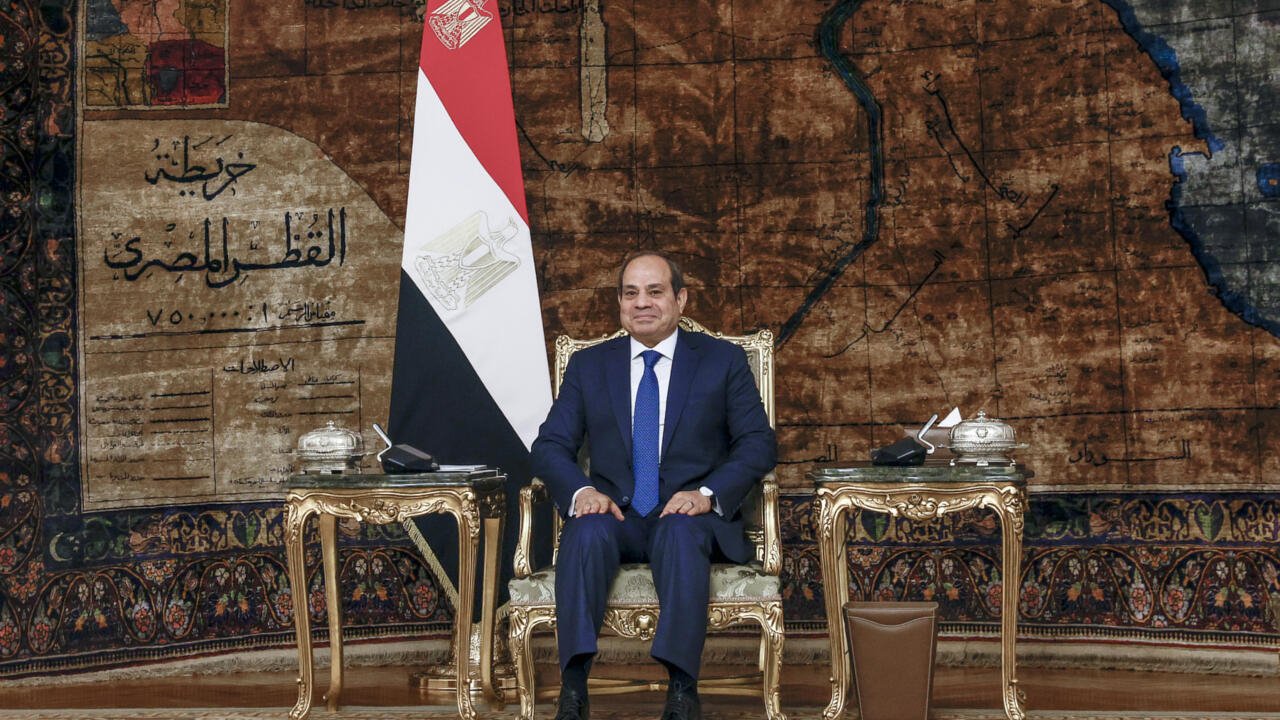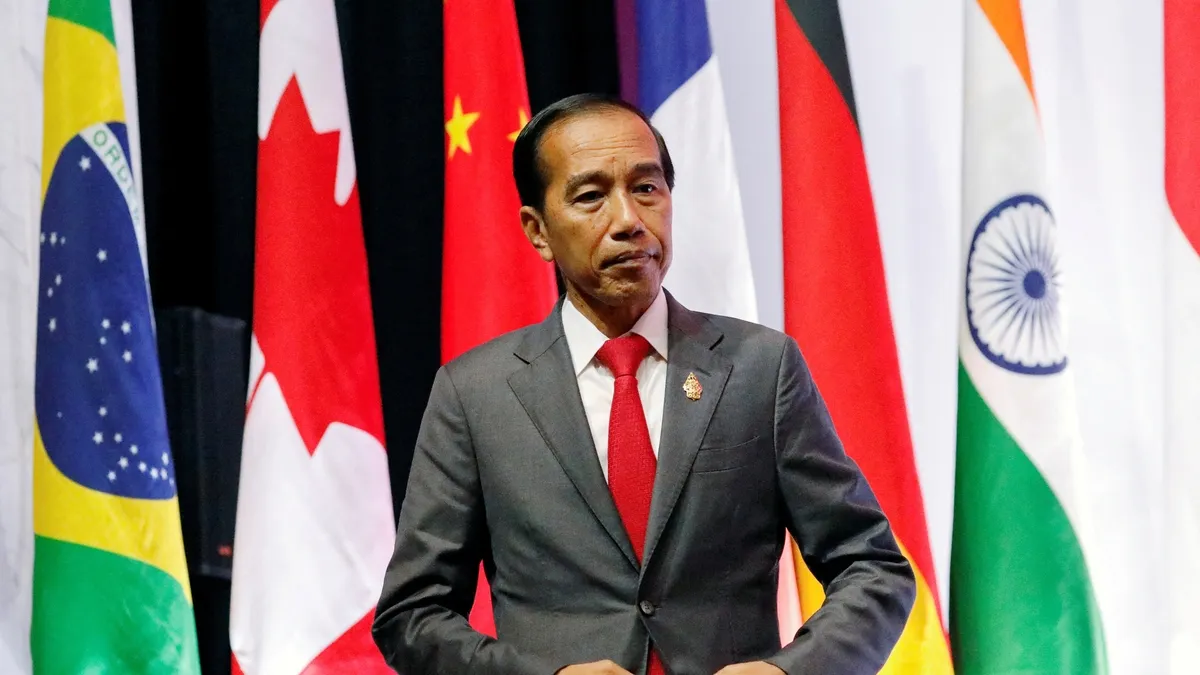Egypt’s President Abdel Fattah al-Sisi embarks on his third term, bolstered by substantial new funding, yet analysts caution that the path out of economic turmoil remains formidable.
Having secured a landslide victory in December’s presidential election, with 89.6 percent of the vote against lesser-known opponents, Sisi is poised to commence his third term officially on Wednesday, preceded by the swearing-in ceremony before parliament.
This six-year tenure marks the 69-year-old leader’s final term unless constitutional amendments once again extend his rule.
Amidst speculations about potential cabinet reshuffling, Egypt grapples with the aftermath of two years of severe economic crisis and acute foreign currency shortages.
As 2024 dawned, Egypt faced looming default and economic collapse before a sudden infusion of over $50 billion in loans and investments altered the trajectory.
The United Arab Emirates unveiled a $35-billion land development deal for Egypt’s Ras al-Hikma, while the International Monetary Fund doubled its loan to $3 billion, with additional financing agreements from the World Bank and the European Union.
This massive bailout, hailed by some as rescuing Egypt “from falling into the abyss,” according to former deputy prime minister Ziad Bahaa-Eldin, prompted a fresh currency devaluation, the fifth since 2016, leading to initial signs of economic stabilization.
However, analysts caution against complacency, emphasizing the need to address underlying structural issues, including public spending pace, state intervention in the economy, and soaring inflation.
As Sisi takes the oath from the controversial New Administrative Capital, constructed at a cost of $58 billion, the nation grapples with a staggering inflation rate of 35 percent, exacerbating the challenges faced by many struggling citizens.
The bailout, while generous, comes with conditions, including transitioning to a flexible exchange rate and reducing state and military involvement in economic activities, as outlined by IMF chief Kristalina Georgieva.
Yet, doubts persist regarding the government’s commitment to these reforms, with concerns that Egypt may fall into a recurrent cycle of crisis without substantial structural changes.
Simultaneously, Egypt contends with regional spillovers from neighboring conflicts, with hundreds of thousands of refugees from Sudan and Gaza seeking refuge within its borders.
Despite the influx of funds, public dissent remains stifled, with Cairo intensifying its crackdown on civil society over the past decade, quashing opposition voices and curtailing freedom of expression.
While some Egyptians cling to hopes of improvement amidst the cash influx, others grapple with a sense of disillusionment and despair, underscoring the enduring challenges facing Sisi’s administration as it navigates the complexities of economic reform and social stability.



